The Academic Woman’s Writing Roadmap: Self-Study
 Salepage : The Academic Woman’s Writing Roadmap: Self-Study
Salepage : The Academic Woman’s Writing Roadmap: Self-Study
Arichive : The Academic Woman’s Writing Roadmap: Self-Study
Desciption
See what others have to say…
I am astonished. I entered the Academic Women’s Writing Roadmap, and I don’t think I have felt better about my work in years.
— Lena Struwe, Rutgers University
I love your attitude and your style, and I think the course had a kind of quiet power that began to seep into my life -out my really noticing. It’s impossible to feel alone while doing the course. I really feel like I have not just tools for getting my important work done but a sense of empowerment and perspective about what matters TO ME.
— Elizabeth Haswell, Washington University in St. Louis
Lifetime access
- Support in our private Facebook community
- BONUS: How to create a five year plan
- 8 modules – 4 lessons each
- 30-page fillable PDF workbook
Self Help – Self Help online course
More information about Self Help:
Self-help or self-improvement is a self-guided improvement—economically, intellectually, or emotionally—often – a substantial psychological basis.
Many different self-help group programs exist, each – its own focus, techniques, associated beliefs, proponents and in some cases, leaders.
Concepts and terms originating in self-help culture and Twelve-Step culture, such as recovery, dysfunctional families, and codependency have become firmly integrated in mainstream language.
Self-help often utilizes publicly available information or support groups, on the Internet as well as in person, where people in similar situations join together.
From early examples in self-driven legal practice and home-spun advice, the connotations of the word have spread and often apply particularly to education, business,
psychology and psychotherapy, commonly distributed through the popular genre of self-help books.
According to the APA Dictionary of Psychology, potential benefits of self-help groups that professionals may not be able to provide include friendship,
emotional support, experiential knowledge, identity, meaningful roles, and a sense of belonging.

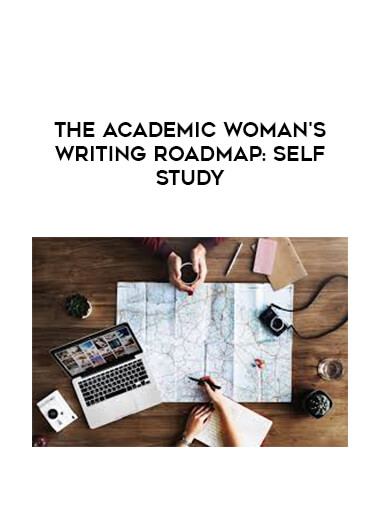
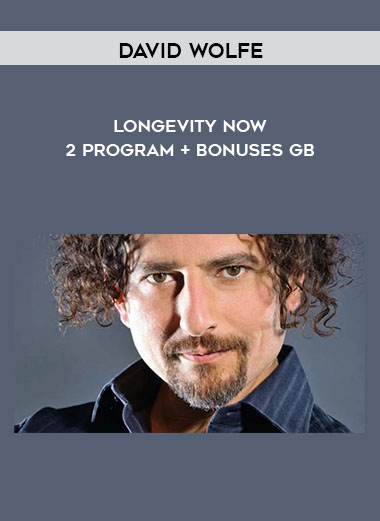




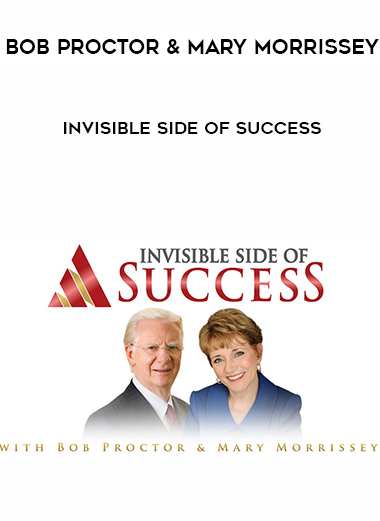
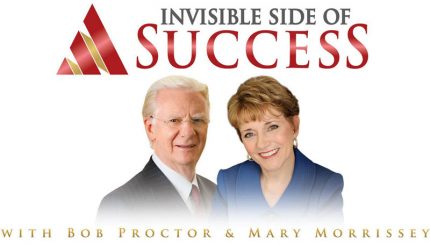


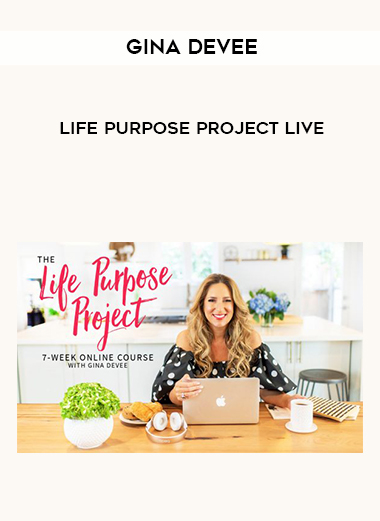


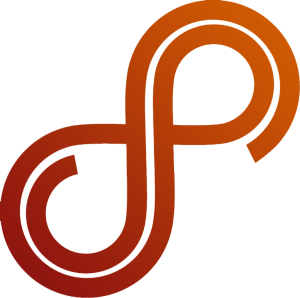
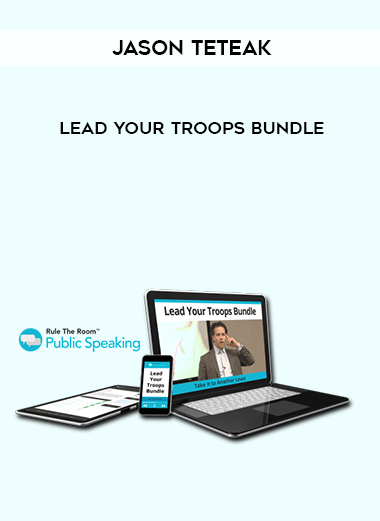
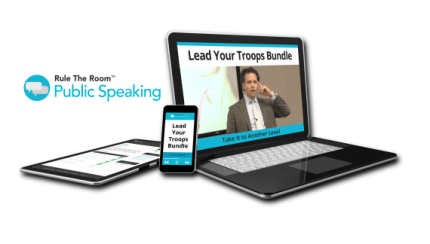
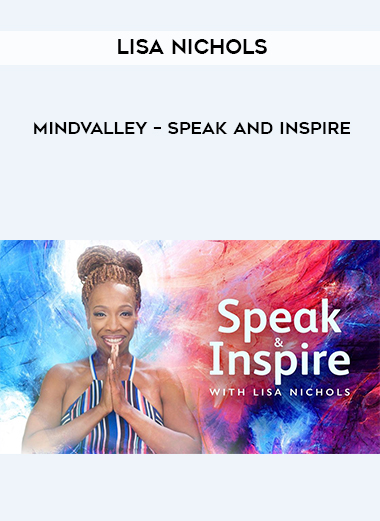
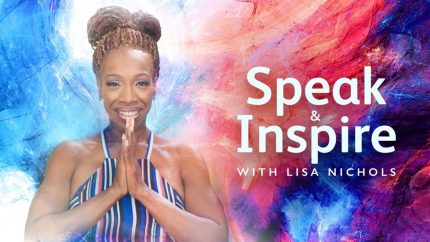












Reviews
There are no reviews yet.